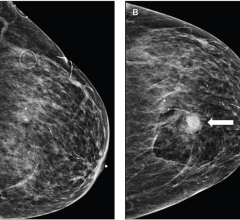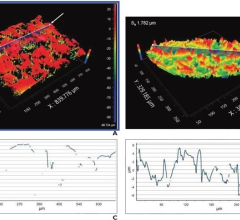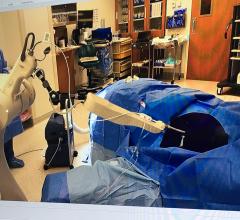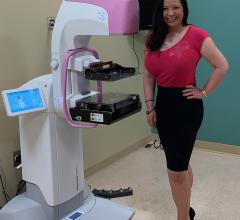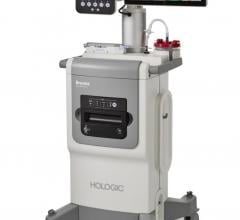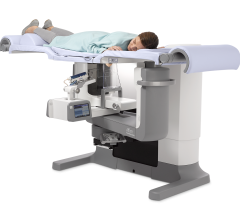A new computerized test called the ThinPrep Imager detects more high-grade cervical cancers than a conventional Pap smear, Australian researchers report.
The advantage of this new test is that it could lead to fewer women being retested based on inconclusive Pap smear findings, and allow for a longer time between screenings, the researchers said.
“In the samples read by the ThinPrep Imager, there was a significant 17 percent increased detection of high-grade lesions,” said researcher Dr. Annabelle Farnsworth, medical director of the Cytology Department at Douglass Hanly Moir Pathology, in North Ryde. “There was also a 50 percent decrease in unsatisfactory slides,” she added.
The study was funded by the Australian National Health and Medical Research Council.
In the study, Farnsworth’s team used the computerized ThinPrep Imager reading system to evaluate liquid-based cytology slides. The imager is designed to highlight any slides that need further examination. These slides were then examined by a cytologist.
The researchers found that in samples from 55,164 Australian women, the ThinPrep Imager found 1.3 more cases of high-grade cervical abnormalities per 1,000 women screened than the conventional Pap test.
Technology | August 13, 2007

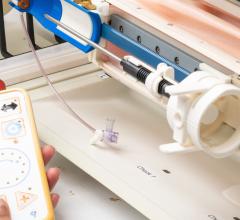
 September 14, 2023
September 14, 2023 
